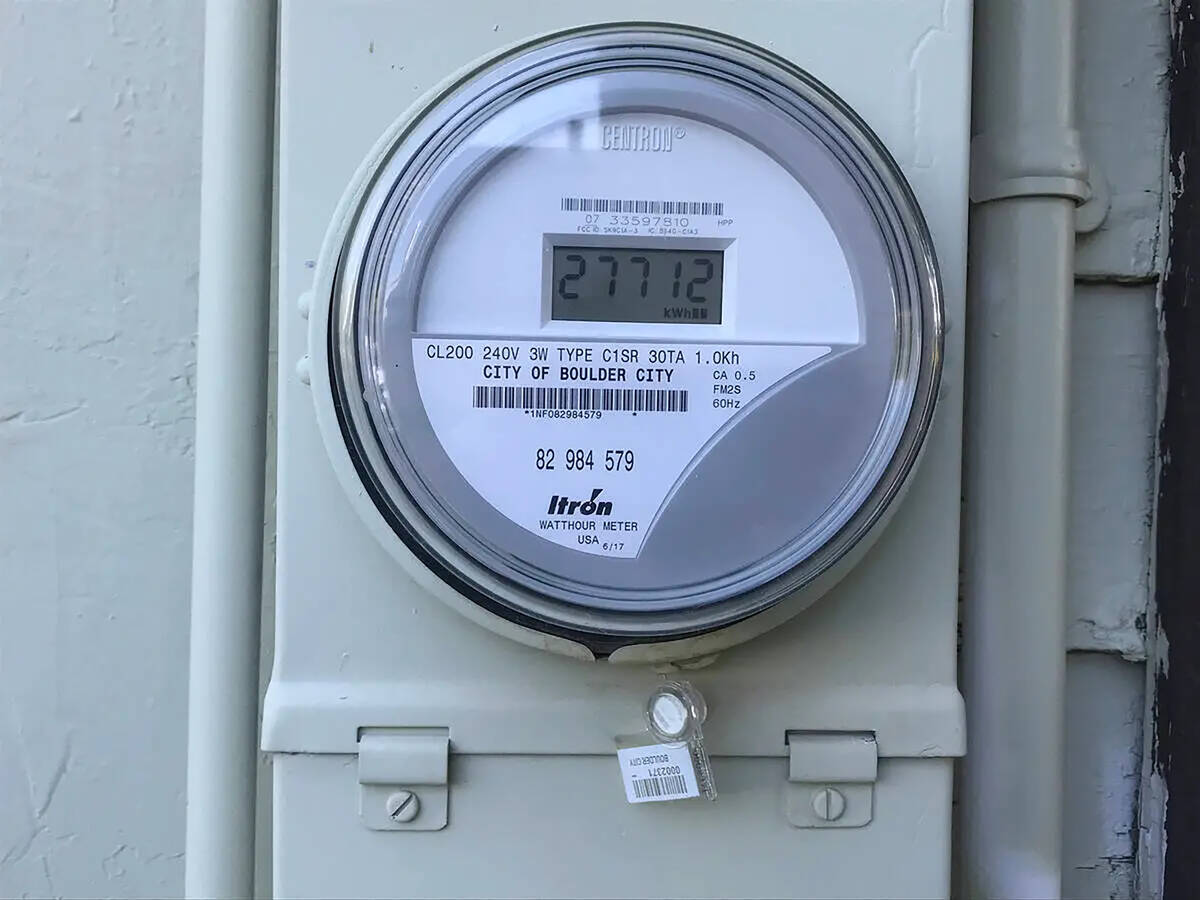City Council agrees to raise utility rates
Power costs on the open market have gone from about 25 cents per kilowatt hour in 2018 to $1.56 per kilowatt hour today, a more than six-fold increase.
In their May 9 meeting, the City Council took the advice of both an outside consulting firm and their own Utility Advisory Committee and amended the fiscal year 2024 budget raising rates for all of the utilities controlled by the city — electricity, water and wastewater.
The rate increases come at the end of a long process. The city contracted with the Raftelis consulting firm to do a deep-dive study of city utility rates last year. The same firm did the study the last time it was undertaken in 2019. That months-long study resulted in a report which went to the Utility Advisory Committee, which made recommendations. After a joint session where the study was presented to both the council and the advisory committee, the final decision was made Tuesday night.
The good news for businesses and residents is that the agreed-upon increases are not large.
“Nearly every consumer sector has been hit hard by inflation since 2020,” said City Manager Taylour Tedder. “The price of eggs doubled, meat prices soared and gasoline went up nearly 40% in 2022. Raising rates was a difficult decision, but we kept the increases as low as possible, and made sure rates for customers who use the least amount of utilities would feel a lesser impact.”
There was a concerted effort to make sure that the increases would not overly affect the residents of Boulder City living in mobile homes after multiple members of the City Council expressed concern that many of those residents were seniors living on fixed incomes.
In the end, what was defined as a small residential user (i.e., a home under 1,000 square feet —usually a mobile home —with one or two residents) will see an increase of about $3 per month. Average residential users (1,000-2,000 square feet and four to six residents) can expect an increase of about $4 a month and large residential users in homes larger than 2,000 square feet are expected to see their bills rise by about $9 per month.
Commercial users can expect to see their bill go up at a rate of 3-4% a year over the next five years. The percentage increase over five years for residential users will be in the range of 2-4% of a typical monthly bill.
Residents who see the huge fields of solar panels outside the city may wonder why rates have to go up at all given the renewable resources installed already as well as the city’s proximity to Hoover Dam. One resident, Mark St. Arnault, spoke during the public comment period and said that if someone asked him to lease a piece of his yard to install solar panels he would have a request. “The first thing I would ask for is an extension cord from the solar panels to my house. After that, we could talk about the cost to rent the land.”
As with most things government-related, things are never that simple. While the city does have power-purchase agreements with the operators of the solar sites, the amount of power covered by those agreements is not enough to cover current or future needs. On the other hand, the money the city gets from the leasing of that land accounts for a whopping 40% of the municipal budget. It is the largest source of funding for the city.
Of note is the fact that last year the city had to tap a rainy-day fund to cover the difference between what they were collecting from residents and businesses for water and power and the actual cost of those utilities. The shortfall was significant —$3 million. The agreed-upon rate increases are expected to bring in enough to both cover actual costs of water and power as well as providing funds to replenish that rainy-day fund.
The council also agreed to “unbundle” the actual cost of water and power from the cost of delivering those utilities to residents and businesses. According to city staff, this is done in an attempt to provide maximum transparency to rate-payers. Mostly, this will just be a change in the way information is broken out in the monthly bills residents and businesses receive. Instead of a single charge for electric, water and wastewater, customers will see two charges: one for the costs of the utility provided and a second for the cost of delivery. Staff plans to make available materials so that customers can better understand the new billing system.
Contact reporter Bill Evans at wevans@bouldercityreview.com or at 702-586-9401.
In Other Actions:
▶Presented: The 13th annual Historic Preservation Award to Dawn Wengert and Donald Rackey for their home at 524 Birch Street.
▶Agreed: The city will continue to partner with Las Vegas and North Las Vegas in the Southern Nevada Continuum of Care to address options and services for the homeless. Of note is the fact that Henderson, which had also been a part of this inter local agreement pulled out the night before this meeting and no one was able to provide an explanation for their withdrawal.
▶Finalized: The annexation of more than 2500 acres of land in the Eldorado Valley. While the land will be part of Boulder City, it will continue to be owned by the Bureau of Land Management and is planned as open space. No development is planned with the exception of about 80 acres which may be used for an expansion of the Townsite solar facility.
















